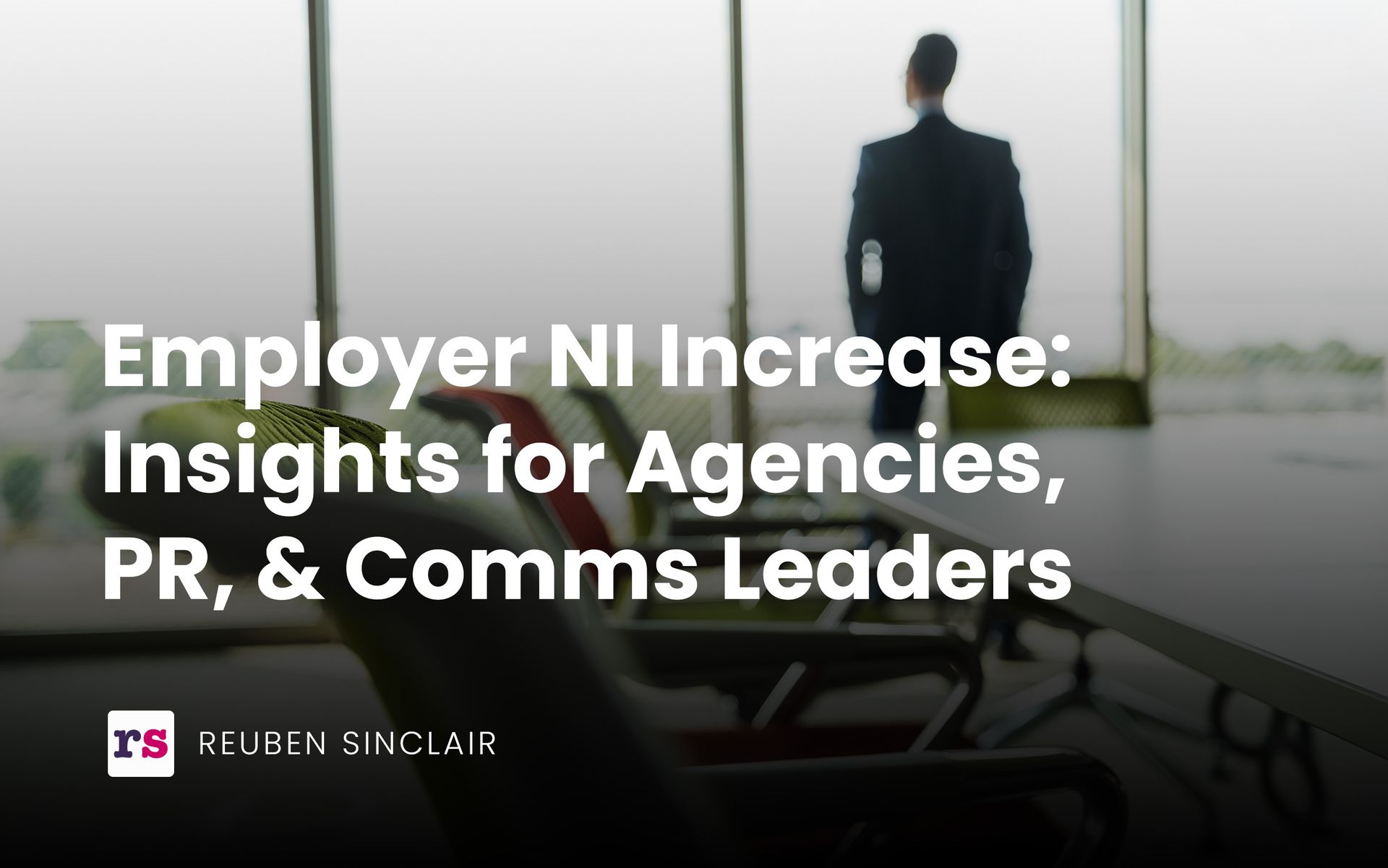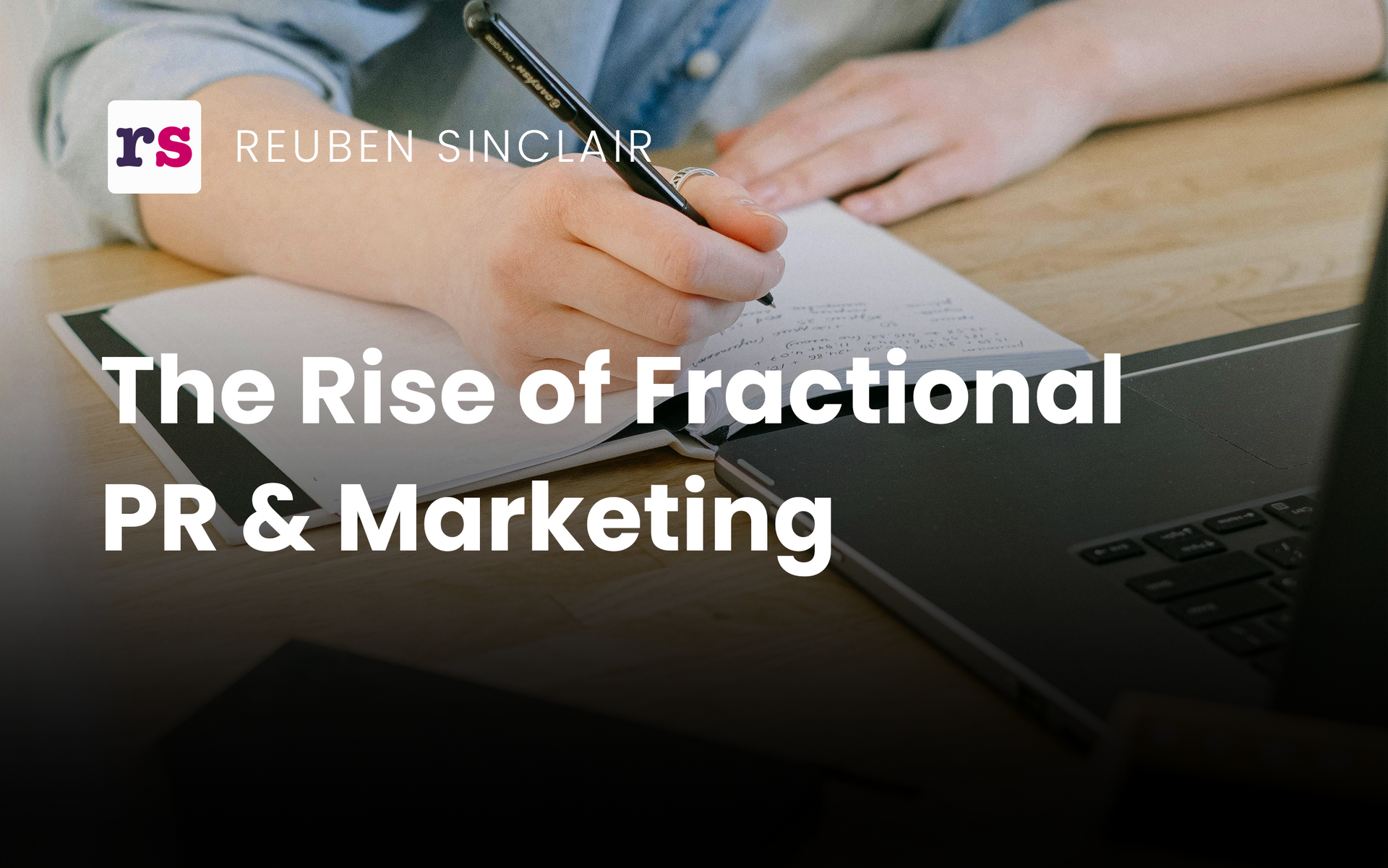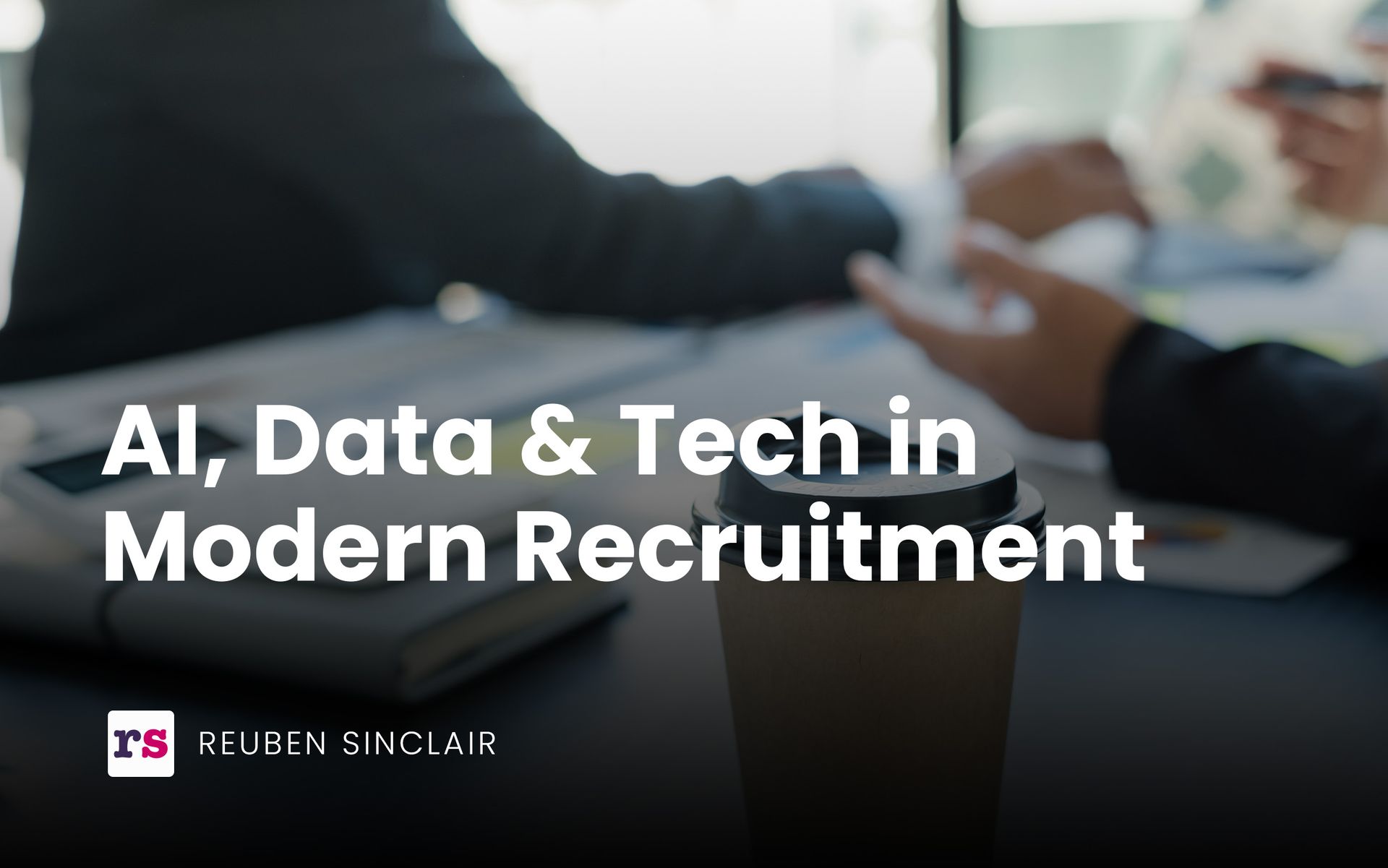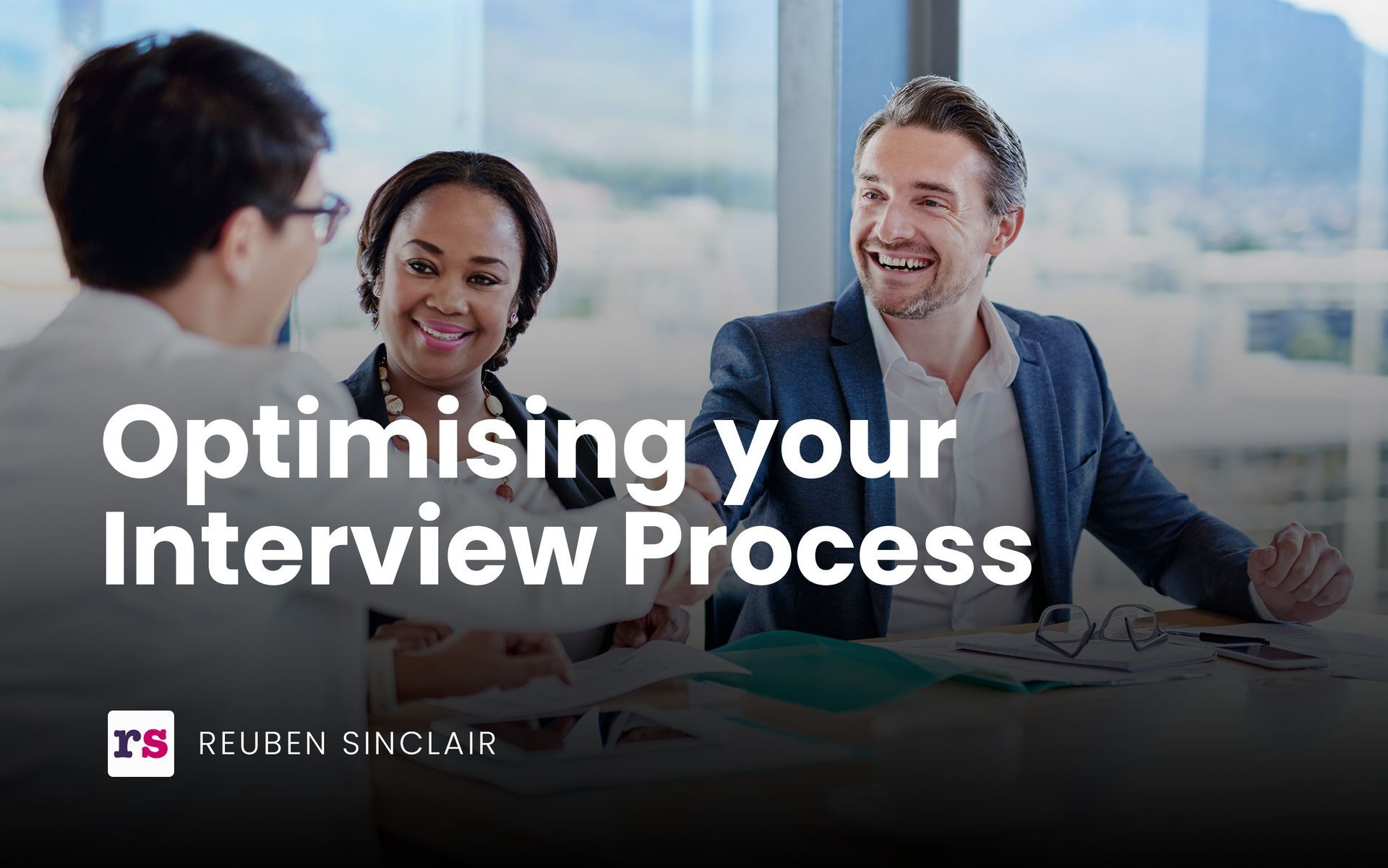Competency Interviews: How To Be a S.T.A.R.

Competency Interviews: How to be a S.T.A.R
Going for an interview is normally a pretty stressful experience. We put ourselves under a lot of pressure to look right, sound right, not fidget, make eye contact with (all) the interviewers. That’s before we’ve even attempted to answer a single question!
The majority of interviews now tend to be ‘competency based’. For any of the uninitiated out there, this means being asked to provide examples of when you have done something in the past. The reason for this is that research has shown that past behaviour is the best predictor of future behaviour, i.e. if you’ve done something in the past there is a good chance you will repeat it again.
Whilst this competency approach works well for interviewers it can cause applicants serious ‘brain strain’ as they sort through their memory banks trying to think of a suitable example. Then you have to make sure you structure your answer in a clear and coherent way – hoping that the example you have given provides the information the interviewer was looking for.
The STAR acronym is one that I learnt from a client several years ago and it provides a really great way of structuring your examples. I’m constantly surprised that hasn’t made its way more strongly into the public consciousness:
S – Situation.
This is the context and provides the setting for the next three elements. When describing the situation you should always be as brief as possible and only provide the absolute minimum amount of information for your example to be understood.
T – Task.
This is what was required of you, within the context (that you briefly just described). For example, what was the task you were asked to carry out or what did the situation require?
A – Action.
This describes what you actually did – in response to fulfilling the task, in the context described. However, to really knock your interviewer’s socks off, go one further and describe how you completed the task too. That’s the bit they are really interested in. ‘I influenced a customer to increase their order by 25%’ is what you did ‘I did this by highlighting the benefits of the volume discount and mapping the features of the product to their needs, in particular….’, provides the useful detail about how you achieved it.
In addition, at this stage it’s really important when describing what action you took to make sure you:
· Use the word ‘I’ rather than ‘we’ - after all it’s you not your
colleagues that’s going for the job/promotion, etc
· Avoid or at least clearly explain any acronyms or technical
terms you use
· Still keep it to the highlights
R – Result.
This is a really important one, and the bit that many people forget to include when responding to competency based interview questions. Ultimately, what was the impact of you taking that action, in response to that task, in that context? Clearly describe the benefit of the actions you took. Also, if things didn’t go so well, what did you learn and what would you do differently? Demonstrating self awareness of the impact of your actions always goes down well with interviewers.
So there is the STAR acronym. The next time you are preparing for an interview, call on your trusty STAR as a useful resource. I also use the acronym when training interviewers as it's a great way of checking that they get the information they need in response to the questions they ask. If the examples a candidate provides appear to lack detail it’s a great way of identifying where more information needs to be provided.











